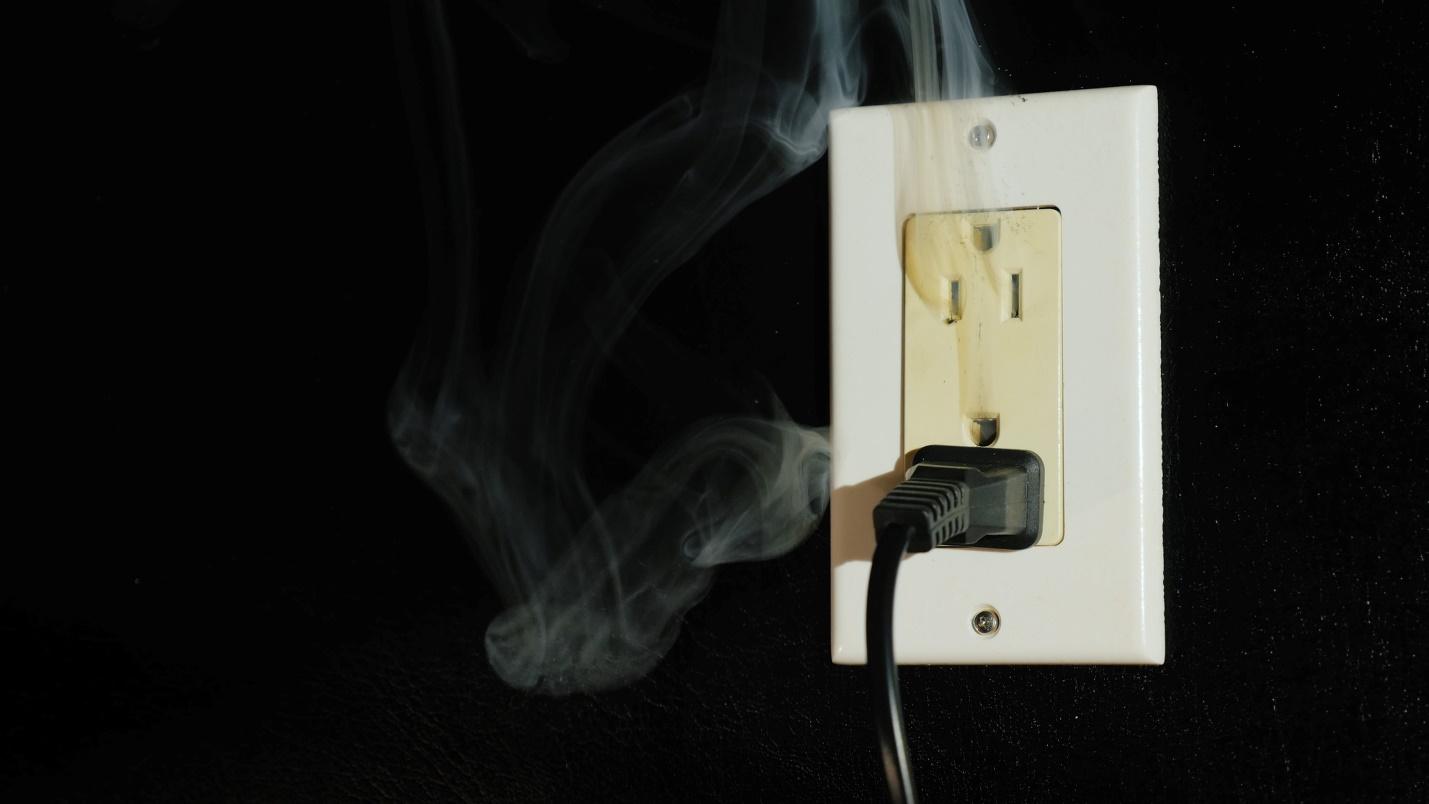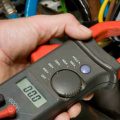
We depend on electricity to power our homes and though we don’t give it much thought, it is a very regular part of our daily lives at home. Electricity can also be dangerous. Outdated wiring can cause overheating and can be a potential fire hazard.
Learning about the different types of wiring that might be found in a home will help you determine if it needs an electrical upgrade. You can also ask the inspector to investigate the wiring during your home inspection.
Aluminum Wiring
If you are interested in a home that was built in the 1960’s and early 70’s, it might have aluminum wiring. This was commonly used because it is less expensive and more abundant than copper wiring. It is also easier to work with.
The problem with aluminum wiring is that it has a higher rate of thermal expansion and can expand at a greater rate than the connection on any receptacle, splice or switch. When this happens, it can cause excess heat, sparking, burning and can even set your house on fire. It is dangerous because there are no warning signs that there is a problem until it is too late.
The Consumer Product Safety Commission states that “homes built before 1972, and wired with aluminum are 55 times more likely to have one or more wire connections at outlets reach ‘fire hazard conditions’ than homes wired with copper.”
In fact, some insurance companies won’t offer full coverage of your home if it has aluminum wiring. If you are purchasing a home with aluminum wire, you must decide if you like the home enough to invest in an electrical upgrade or if you should walk away. Electricians can replace that hazardous aluminum wire with copper wire, but this is a big job and will not be inexpensive.
Read why you should leave electrical work to the pros
Knob & Tube Wiring
Even older than aluminum wiring is knob and tube wiring. It’s unlikely you will come across this old type of wiring unless you are purchasing a heritage home or a home that was built more than 50 to 60 years ago. Knob and tube wiring has been known to crack and that can result in an electrical fire. If you find knob and tube wiring, you’ll need an upgrade.
Copper Wiring
Copper wiring is most commonly used in residential construction. Not only is it a great conductor, it is easy to work with, priced fairly and does not build up excess heat like aluminum wiring. If you’re worried about safety, copper wire is your best option and is what electricians use in almost every residential application. Even if there is a surge of heat, the wiring will not burn or melt, and this decreases the chance of a fire starting. Learn 6 benefits of copper wiring.






























No Comments
Leave a comment Cancel